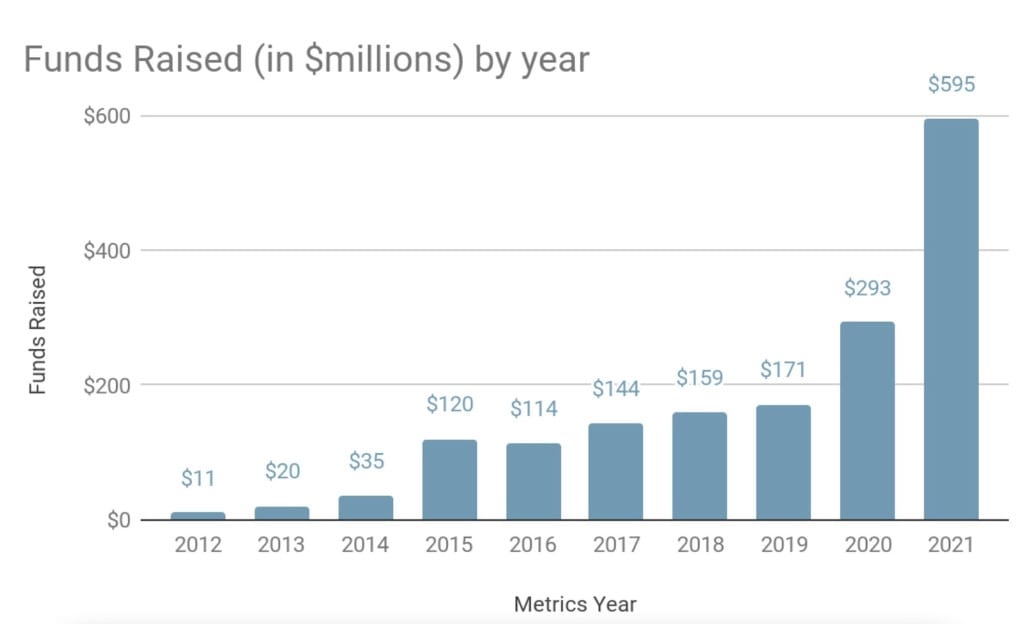Kelsey Piper recently posted on Vox "Caring about the future doesn’t mean ignoring the present" which argues that effective altruism hasn’t abandoned its roots and that longtermist goals for the future don’t hurt people in the present.
In particular it highlights that effective altruism is growing on all fronts and highlight's GiveWell's fundraising.

It also highlights that the growth of the movement brings a wider range of people in more than it pulls funding away from one cause to another: it's a symbiotic relationship.
You could imagine the EA movement growing to the point where further growth is mostly about persuading people of intra-movement priority changes, but that day is very far in the future.
This is not to say that I think effective altruism should just be about whatever EAs want to do or fund. Prioritization of causes is at the heart of the movement — it’s the “effective” in effective altruism.
But the recent funding data does incline me toward worrying less that new focuses for effective altruism will come at the direct expense of existing ones, or that we must sacrifice the welfare of the present for the possibilities of the future.
In a growing, energized, and increasingly powerful movement, there is plenty of passion — and money — to go around.

I like this piece, but I think it misses an opportunity to comment more broadly on the dynamic at work. My own impression can be glossed in roughly this way: most money goes to the here and now, most careers go to the future (not an overwhelming majority in either case though, and FTX may have changed the funding balance). This makes sense based on talent versus funding gaps, and means the two don’t really need to compete much at all, indeed many of the same people contribute to both in different ways.